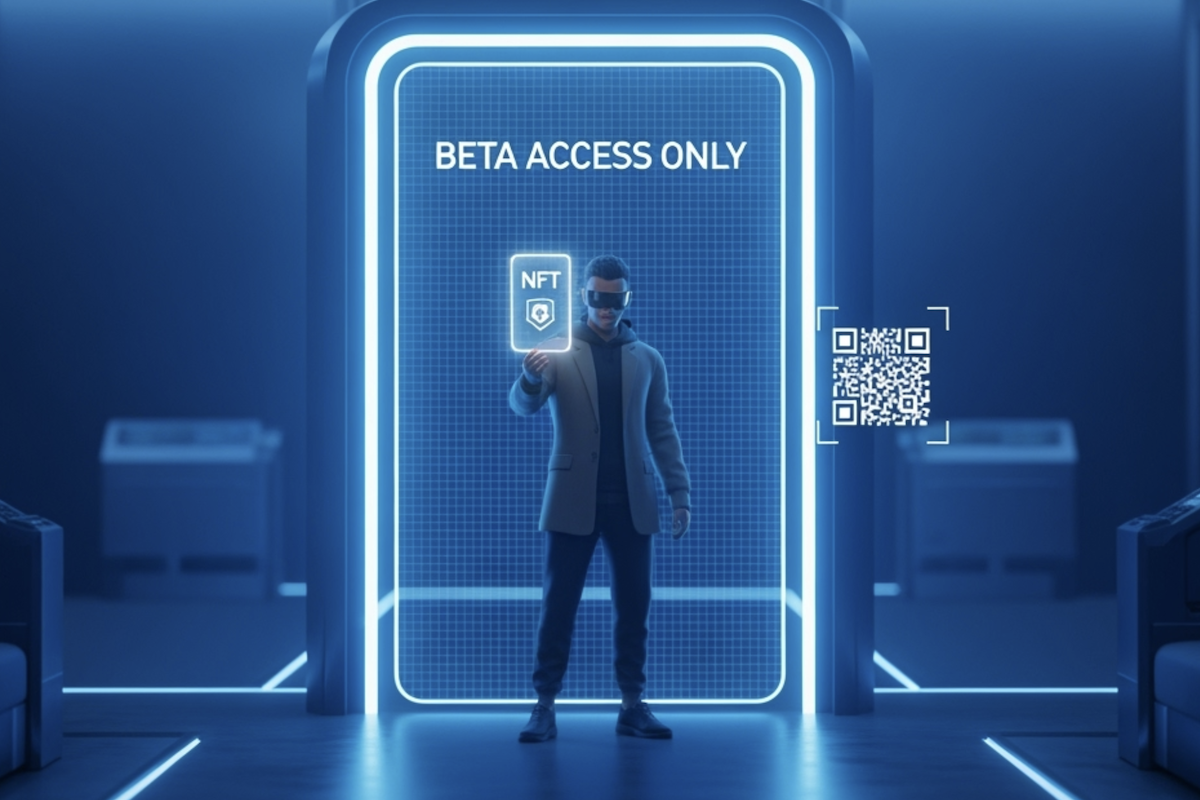Catizen Players Outraged as Token Rewards Slashed
The Catizen game community reacts to a major reduction in token rewards. Find out why players feel frustrated and betrayed by the studio's decision.

Pluto Studio, the developers of the popular Telegram game Catizen are facing a backlash from their community after the studio announced a major reduction in the game's token rewards. Players who had been eagerly awaiting the launch of the game on September 20 were dismayed to find out that their rewards will be much smaller than they had expected.
The controversy began on September 14 when Pluto Studio disclosed the amount of CATI tokens that players would get. This announcement led to a swift, vigorous, and negative community reaction with many players feeling frustrated and betrayed. At the core of the community's frustration was the apparent failure of the studio to discuss the significant changes in the distribution model and the allocation criteria with the community prior to the announcement.
A Significant Reduction in Token Allocation
At first, Pluto Studio stated that 43% of the total supply of CATI tokens would go to the community. As such, it appeared that the community were about to receive a CATI token reward pool of significant proportions. However, just days before the launch, it was announced that only 30% of the total supply would circulate at launch. In a community that prizes transparency, this news was not well received.
https://twitter.com/CatizenAI/status/1834803396454629685The news hit Catizen players hard. These were people who had poured both time and effort into the game. Many saw the reduced circulating supply at launch as a direct threat to their chances of earning meaningful rewards. What compounded this disappointment was that only 15% of the total token supply—around 150 million CATI tokens, would be allocated for the inital airdrop. To put that in context, the original promise had been 43% of the total supply.
Combatting Exploitation with New Criteria
According to Pluto Studio, it is implementing changes to its airdrop system for good reason. Some players had been artificially inflating their in-game earnings using bots, and these players were set to claim an inflated amount of CATI tokens during the recent airdrop. To address this issue, Pluto Studio is now basing the airdrop more on genuine player activities and using less of the in-game performance metrics that can be gamed.
Although the developers of the game wanted to ensure fairness, their actions had the opposite effect. Players who had done nothing wrong were left wondering why they were being punished for the few who had cheated.
By shifting the focus to task completions and coin purchases, the developers attempted to promote genuine engagement. However, the way they went about it left many players feeling betrayed because there wasn’t any clear communication prior to the change that would ease the players into the new system.
The Importance of Transparency
The way Pluto Studio has failed to disclose these changes prior to the announcement, reinforces an essential issue in decentralized projects: the need for clear and transparent communication. When it is trust that keeps a Web3 community together, making significant alterations without first informing the community can weaken this trust. And for Catizen, this could be a confidence-sapping lapse that reverberates on its reputation for a long time.
Web3 gaming communities depend on appreciating and understanding the fair distribution of tokens. A token distribution model is vital to the community's relationship with the game. If there is any misunderstanding of or unfairness perceived in these models, it can and will impact the game's success. In Catizen's case, the way they set up their token model serves as a cautionary tale for other Web3 games to learn from. Their initial misstep in establishing a fair token model not only hurt their player satisfaction but may also have damaged the long-term reputation of the game.
Editor’s note: This article was written with the assistance of AI. Edited and fact-checked by Owen Skelton.





